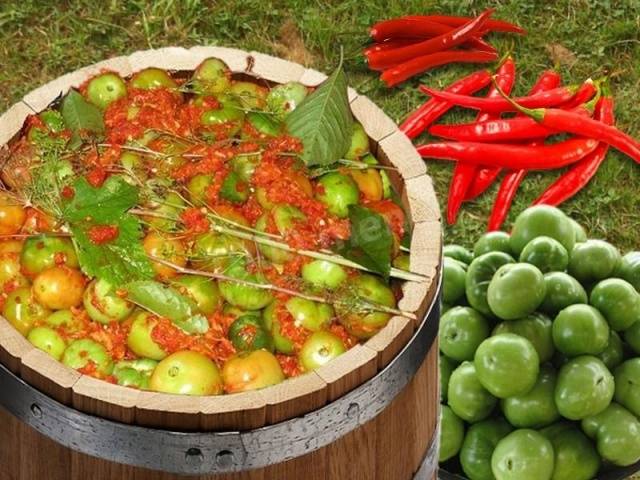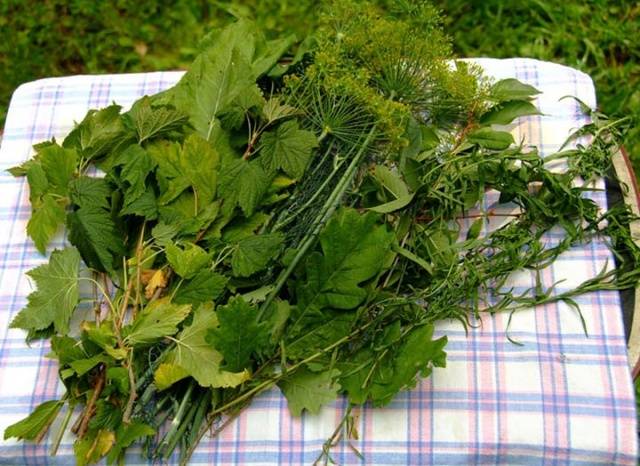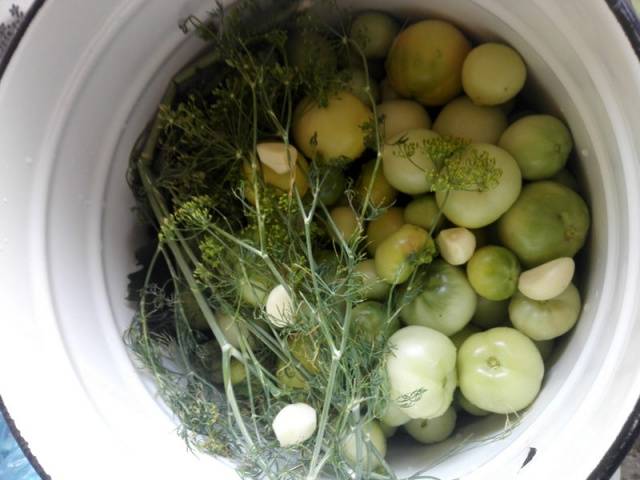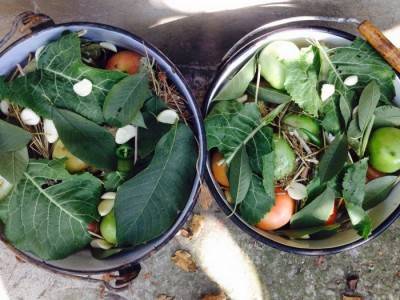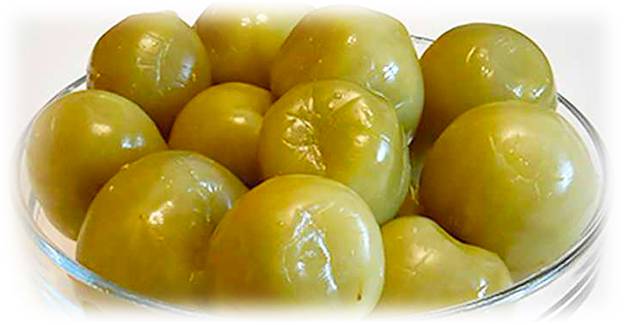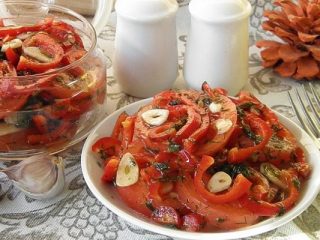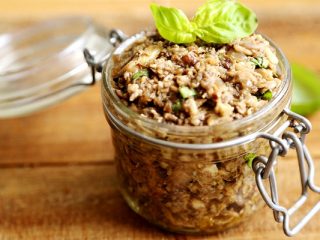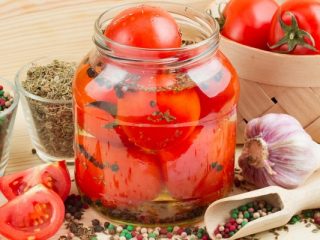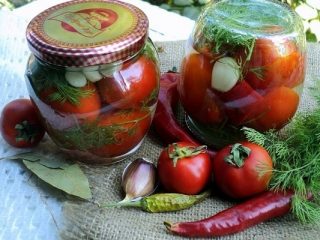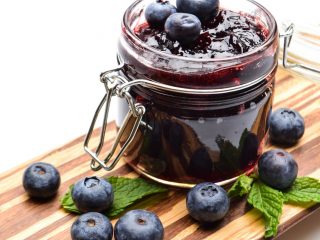Crispy homemade cucumbers, aromatic sauerkraut and, finally, spicy green tomatoes - all this not only stimulates your appetite, but also serves as a source of vitamins and a good, cheerful mood in the gloomy winter season.
In ancient times, all these pickles were stored for the winter in wooden tubs or barrels made of oak, linden or aspen. Of course, the taste of such barrel pickles was indescribable; each tree species transferred its aroma to the preparations and ensured their high-quality and long-term storage. But not only the material of the container in which pickling occurs affects the quality of the finished pickles. In the old days, many secrets were known that gave the preparations their extraordinary taste and allowed them to be stored until the very end of spring. How to cook real barrel green tomatoes in an ordinary bucket, and will be discussed in this article.
Preparatory stage
First of all, you need to start preparing the tomatoes themselves for pickling. If you buy tomatoes at the market, then everything is simple - select the quantity of whitish-green tomatoes that are approximately equal in size and that’s all.
Especially if, due to impending frost, you are forced to collect every single fruit from the bushes so that frost does not overtake them. In this case, your table, as a rule, is in complete confusion. There are very hard green tomatoes, and a lot of whitish ones that are starting to turn pink, there are also brown, perhaps even a couple of red ones will come across.
It is not advisable to ferment both brown and completely green tomatoes in the same container at the same time. It is advisable to let the completely green ones sit for a few days in the company of several red tomatoes - in this case they will turn a little brown or pink, and after that they can only be used.
The fact is that unripe tomatoes contain quite a lot of toxic substance - solanine. But when the tomatoes begin to turn white or brown, the amount of solanine decreases, and during the pickling process, solanine completely disappears.
So, select the tomatoes that have already begun to lighten, wash them well and dry them.
If you prefer soft tomatoes, then first immerse them in boiling water for 2-3 minutes.
One of the main secrets to getting delicious barrel green tomatoes is to use as many herbs as possible in the recipe. Therefore, do not skimp, and in addition to the standard set of spices for pickling, try to find and use more exotic herbs, such as tarragon, savory, basil and others to your taste.
For example, you can use the following set of spices:
- Garlic – 4 heads;
- Herbs and dill inflorescences – 200 grams;
- Leaves of oak, black currant and cherry - several dozen pieces each;
- Bay leaf – 5-6 pieces;
- Horseradish leaves and root – about 50-100 grams;
- Parsley and celery - one bunch each;
- Herbs and sprigs of basil, savory, tarragon - to taste;
- Coriander seeds - a tablespoon;
- Black and allspice peas - to taste.
After dividing into cloves, it is advisable to cut the garlic into quarters, and cut the horseradish root into small cubes. All other greens can be used whole in the recipe.
Making brine
When used for starter tomato A standard enamel bucket will require approximately 10 liters of water. Another secret to creating the extraordinary taste of barrel tomatoes is the use of mustard when pickling.
Thus, we bring the water to a boil, add oak, cherry and currant leaves, 650-700 grams of rock salt, as well as 100 grams of sugar and mustard powder. After 10 minutes, all the leaves are removed and placed at the bottom of the bucket. And the brine itself cools to a temperature of approximately +18°C+20°C.
Salting process
Before laying in a bucket Not only tomatoes, but also all herbs should be rinsed well under running water and dried on a towel. After preparing the brine, boiled leaves from the trees will already be at the bottom of the bucket. You can add horseradish leaf and dill inflorescences to them. Next, green tomatoes are placed in the bucket. According to the recipe, they must be laid very tightly, since it is in this case that salting will occur optimally. Otherwise, the tomatoes run the risk of being over-salted.
Through each layer, tomatoes should be sprinkled and topped with various spices.All remaining herbs are placed in the topmost layer on top of the tomatoes.
After everything is in place, cold, strained brine is poured into the bucket with the tomatoes. The last secret to storing tomatoes for a long time so that they do not become moldy is to place a piece of natural fabric sprinkled with a layer of mustard on top of the tomatoes. And a lid or plate with a load is placed on it. It is this fabric with mustard that will be able to prevent the possible appearance of mold on tomatoes during storage.
After just a week or two, you can taste the tomatoes prepared according to this recipe. Although it is better to wait a few more weeks until they acquire a rich taste and aroma.
If your family respects tomatoes and real pickles, then a dish prepared according to this recipe should definitely impress you and your loved ones.
